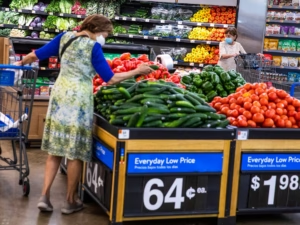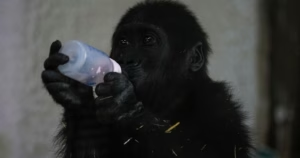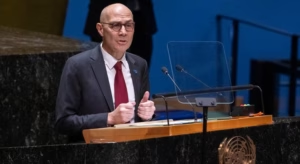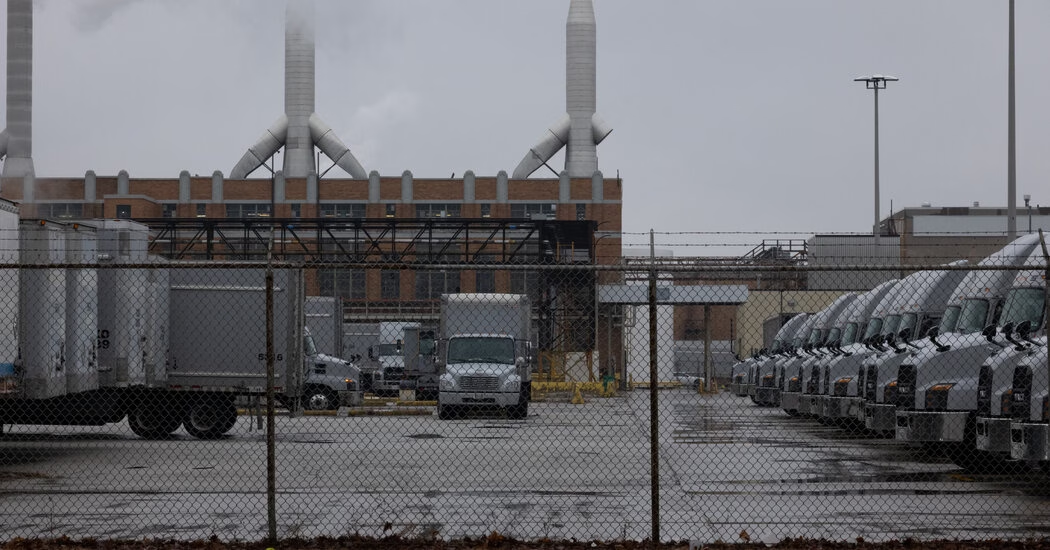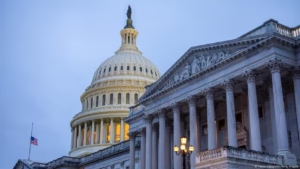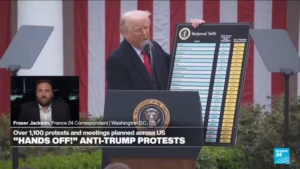Outside City Hall in Windsor, Ontario, on Friday morning, it was clear that at least one American aspect wasn’t being boycotted. Fans dressed in Detroit Tigers attire gathered at a bus stop to cross the river and attend the team’s home opener. Beyond the opening day festivities, however, it was a week of exceptionally negative news for Windsor, my hometown.
President Trump announced a range of global tariffs on Wednesday, including a new 25 percent tariff on cars assembled outside the United States. The impact on Windsor was immediate. Hours before the tariff took effect, Stellantis, the automaker and the city’s largest employer, informed Unifor, the union representing its workers, that approximately 3,600 of the union’s members would be laid off for two weeks as the company reassessed its tariff strategy.
Industry executives and auto analysts had warned for months that the tariffs threatened by Mr. Trump would lead to plant closures, but they also believed it wouldn’t happen for weeks. The contract between Unifor and Stellantis will mitigate the immediate financial impact on union assembly workers. However, workers at auto parts plants in Canada and the United States, which will also likely close or lay off employees, do not have the same income protection guarantees.
Stellantis and other passenger vehicle manufacturers in Canada – Toyota, Honda, General Motors, and Ford – have much to consider. For Canada and Mexico, the United States’ partners in the free trade agreement, the tariffs will be reduced based on the amount of American content in each car. Thus, automakers may reconsider sourcing some of their parts. Auto parts imported from Canada will face similarly reduced tariffs next month, once U.S. officials figure out a method to measure their American content; the task is more complex for parts than for completed vehicles.
Windsor, the capital of Canada’s auto industry, could now face its most significant crisis since 2008, when Chrysler Canada, now known as Stellantis, required federal and provincial assistance to avoid financial collapse and a total shutdown.
To better understand the new challenges, I interviewed Windsor’s Mayor Drew Dilkens at City Hall. Two months ago, he said the main concern was the uncertainty surrounding Mr. Trump’s trade intentions. Our discussion has been condensed for brevity and clarity.
Mayor Dilkens explained that Stellantis is taking a wait-and-see approach, assessing inventory levels and adjusting accordingly over two weeks. They will calculate the new costs of vehicle production, determine selling prices, and consider whether customers will purchase at those prices. He expects that demand for vehicles will decrease due to price increases, leading to fewer people required to build fewer vehicles, and a cascade of layoffs throughout the auto industry that will not be pleasant. However, he remains optimistic that with the current exchange rate difference between the U.S. and Canada, it’s unlikely that the U.S. will repatriate all parts production.
Regarding the possibility of a lasting end to assembly plants and parts-making in Canada, the mayor believes the bigger risk is that sourcing parts from China might become more attractive, even with the current tariff rates. As for politicians’ ability to end the tariffs in the short term, the Mayor admits it’s a challenging situation and emphasizes the risk Canada faces by being heavily reliant on the United States as a trading partner.
The Trump tariffs again dominated the election campaign this week. Mark Carney pledged to create a government-owned affordable housing development agency, while Pierre Poilievre offered a tax break for investors who reinvest their gains into Canadian investments. Jagmeet Singh of the New Democrats proposed reviving “victory bonds” to bolster the economy during the trade battle in the United States.
Other notable items include a photographer’s compelling photo essay on the influence of the Irving family in Saint John, a speech by Dr. Joanne Liu canceled due to its potentially antisemitic perception, and commentary on Canadian attitudes towards attempts to persuade them to join the U.S. There is also an article on the conviction of the main organizers of the 2022 Ottawa blockade, a trend of political parody hats worldwide, a recording of the Beatles’ 1962 audition found in Vancouver, and a story of a family-owned business in Ottawa caught in the trade war.
Source: https://www.nytimes.com/2025/04/05/world/canada/tariffs-canada-windsor-auto-industry.html
